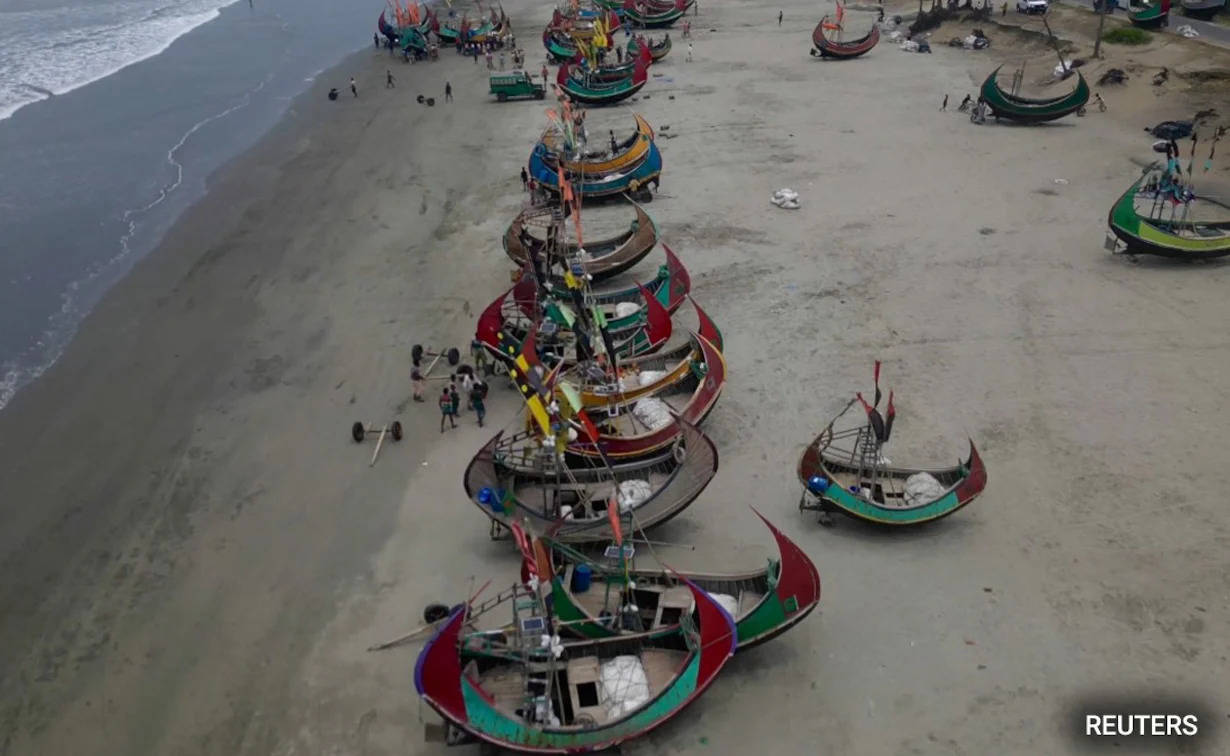Cyclone Mocha inundates Myanmar, but spares refugee camps in Bangladesh.

According to The Daily Star, storm surges caused by a powerful cyclone flooded the port city of Sittwe in Myanmar on Sunday.
Sittwe, the capital of Myanmar's Rakhine state, saw flooding in certain areas, while winds as strong as 130 mph tore off tin roofs and toppled a communications tower.
Al Jazeera stated that while local media in Myanmar claimed a guy died after a tree fell on him, rescue services in Myanmar claimed two people died in a landslip.
The largest storm to hit the Bay of Bengal in more than ten years swept into the seaside town of Sittwe, turning its streets into rivers.
According to Myanmar's military information office, the storm in Sittwe, Kyaukpyu, and Gwa townships damaged homes, electrical transformers, cell phone towers, boats, and lampposts. It said that the storm also destroyed sports facilities on the Coco Islands, which are located 425 kilometres (264 miles) southwest of Yangon, the largest city in the nation.
The bodies of a couple who were buried when a landslip brought on by heavy rain struck their home in Tachileik township were found, according to a rescue squad from the country's eastern Shan state, which made the announcement on its Facebook page.
According to Tin Nyein Oo, a volunteer at Sittwe shelters, more than 4,000 of Sittwe's 300,000 citizens were evacuated to other towns, and more than 20,000 people are taking refuge in strong structures like monasteries, pagodas, and schools situated on the city's highlands.
The Very Severe Cyclonic Storm "Mocha" above Burma "weaken[ed] into a severe cyclonic storm," according to the India Meteorological Department.
According to the statement, the system is still deteriorating and will eventually develop into a cyclonic storm in the coming hours.
A crowded collection of refugee settlements in low-lying neighbouring Bangladesh were also spared by Mocha.
The Daily Star stated that Rohingya refugees in densely populated camps in the Cox's Bazar region of southeast Bangladesh, where officials relocated over 300,000 people to safer regions before the storm arrived, hunkered down inside their shack-like dwellings.
.png)